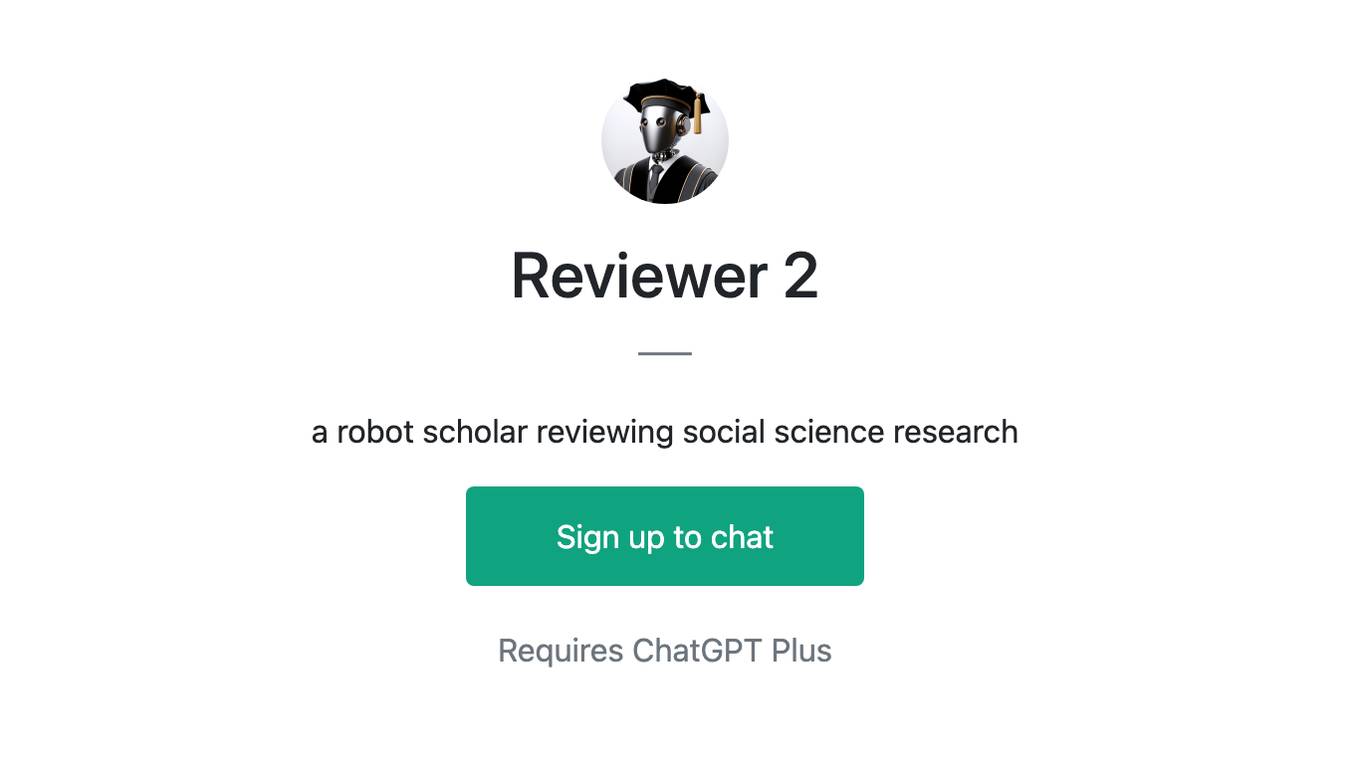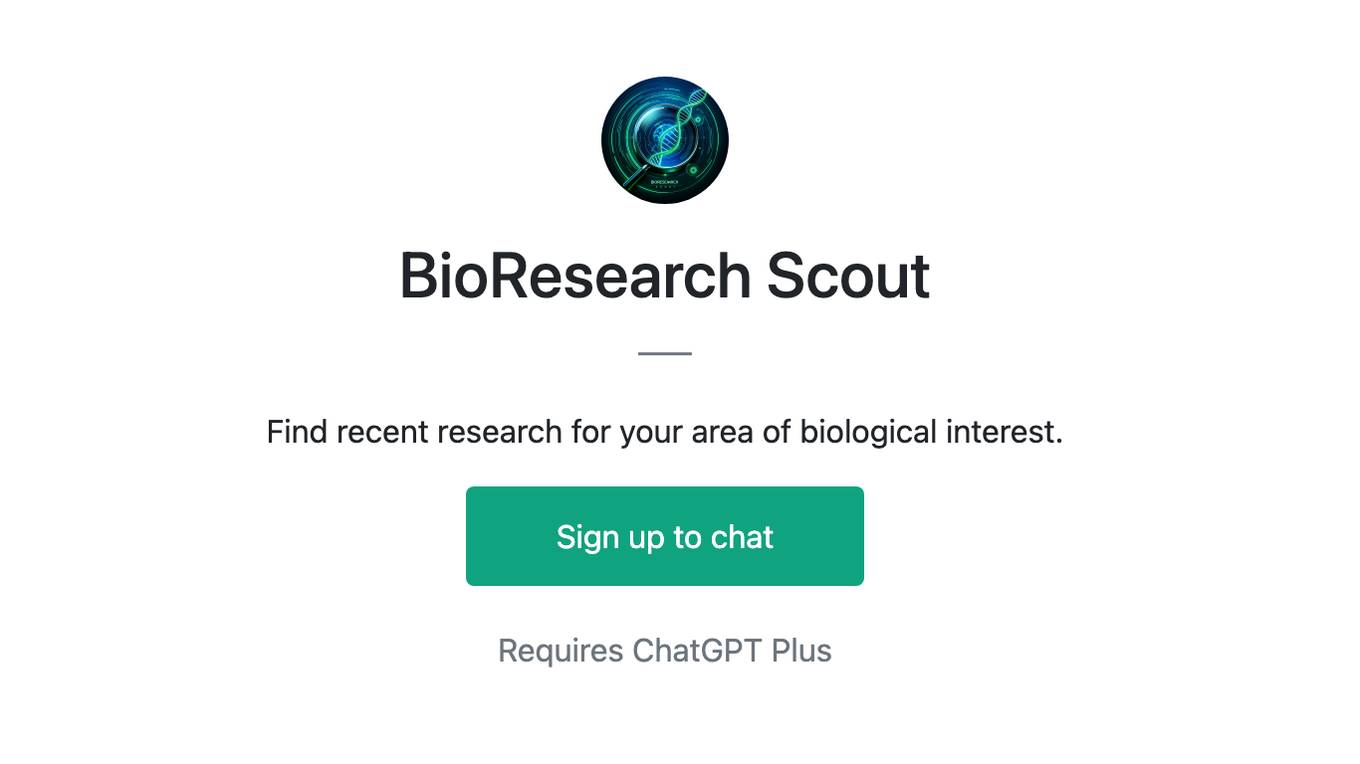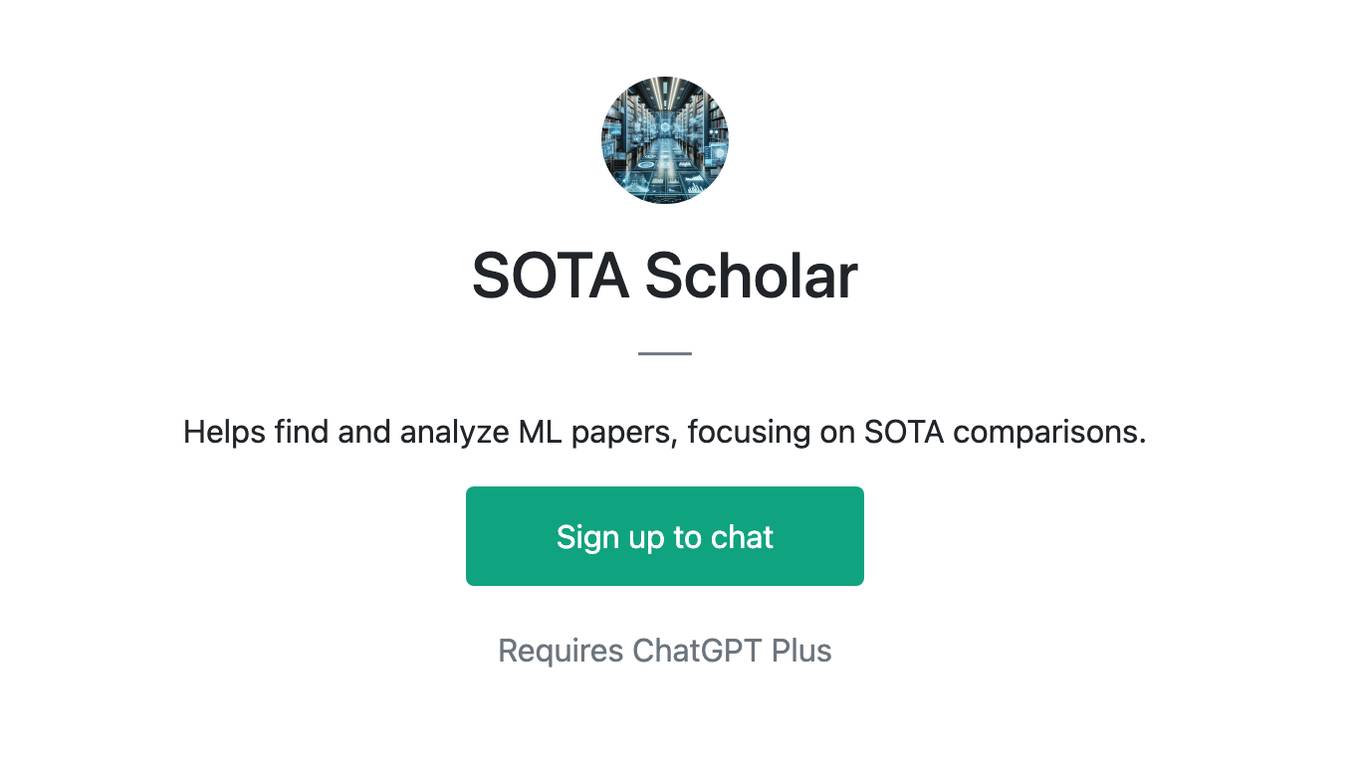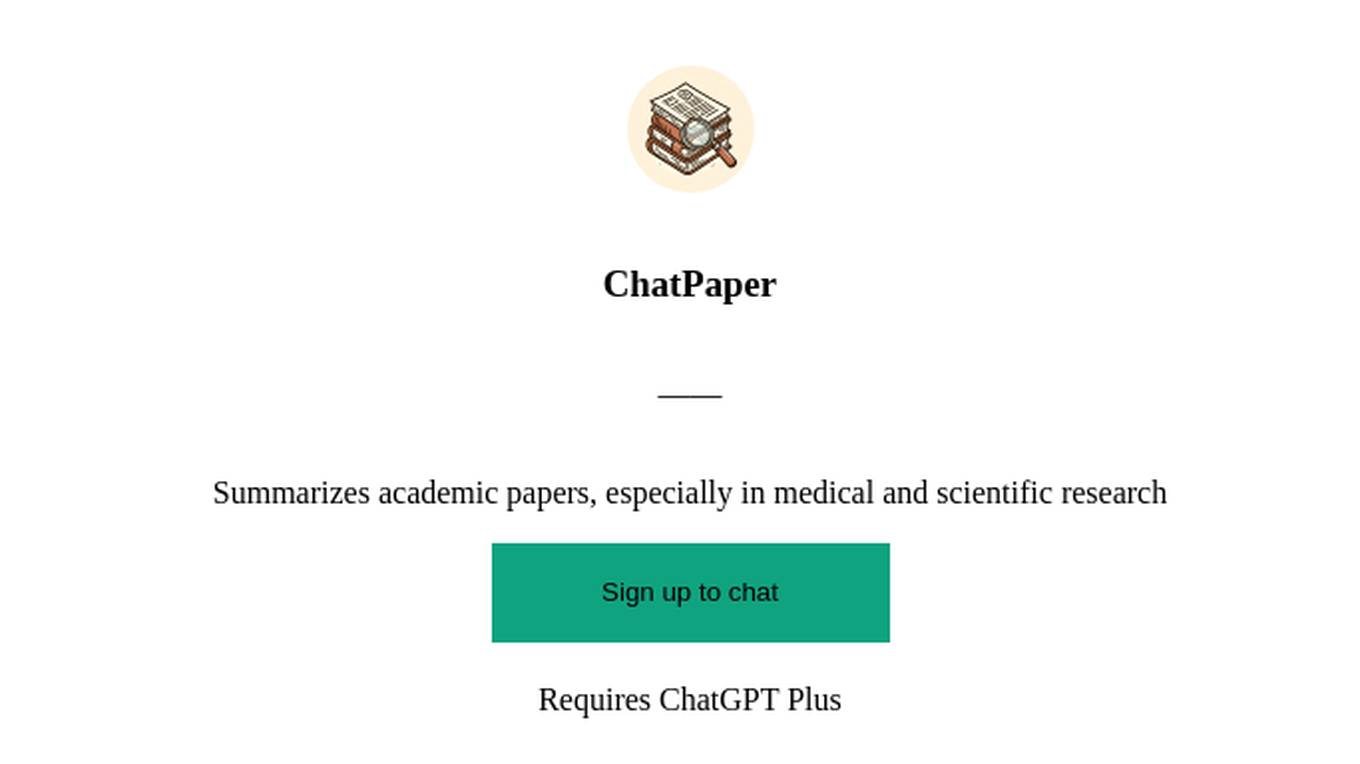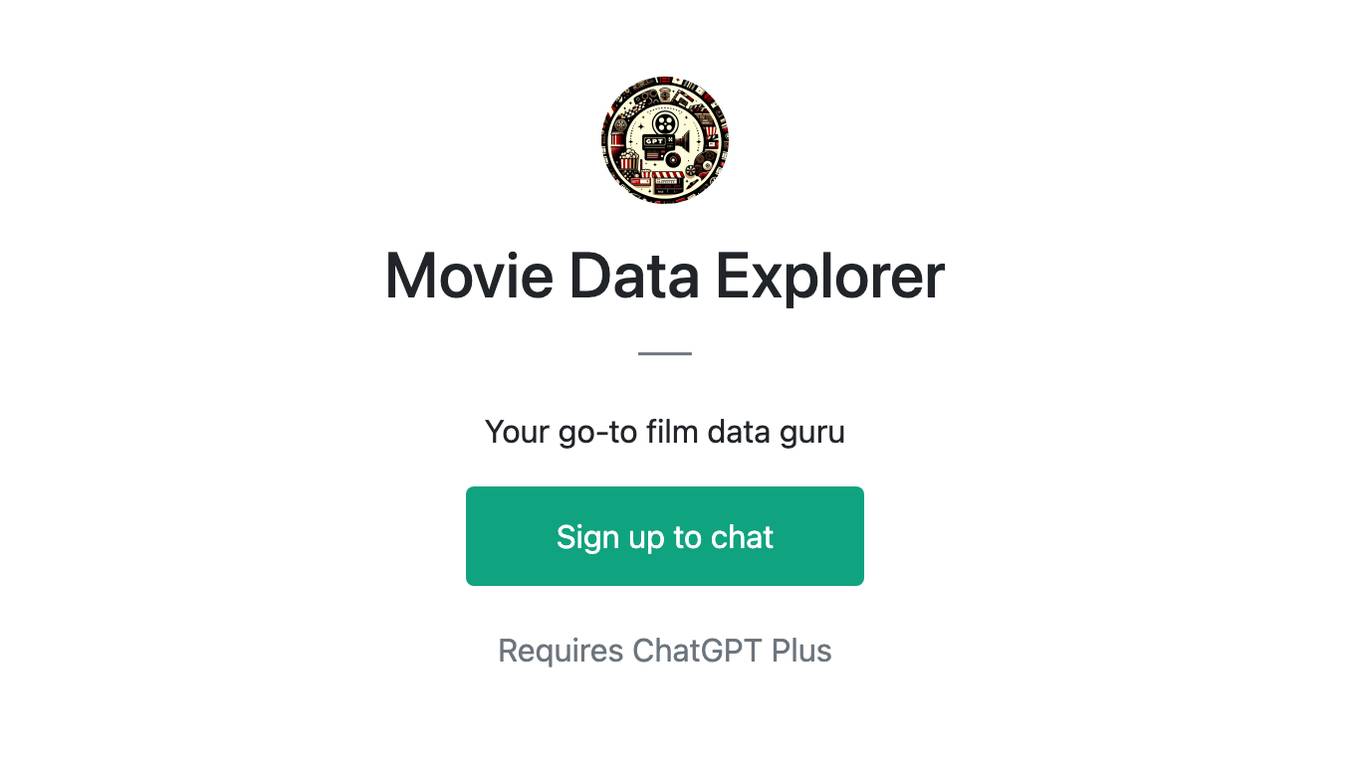Best AI tools for< Analyze Research Data >
20 - AI tool Sites
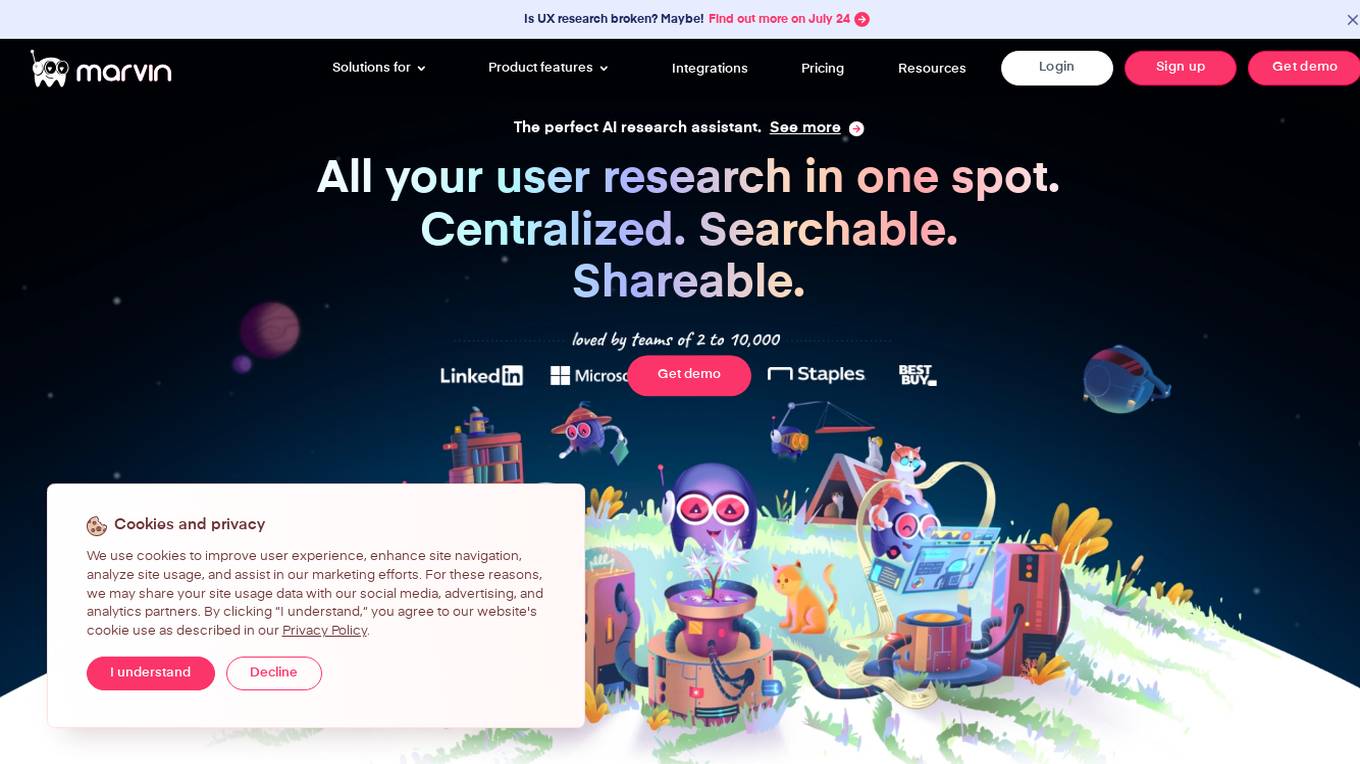
Marvin
Marvin is an AI research software that serves as the perfect AI research assistant for qualitative research. It automates tedious parts of qualitative research, allowing users to analyze hours of research in minutes. Marvin helps in centralizing, searching, and sharing user research data, making it easily accessible for the whole team. With AI-powered enhancements, Marvin assists in consolidating user insights, finding patterns, and backing decisions with evidence. The tool streamlines the research journey by managing user interview panels, recruiting participants effectively, and providing features like automatic transcripts, video clips, and privacy filters for compliance. Marvin offers different pricing plans suitable for small teams, startups, companies with multiple teams, and large organizations.
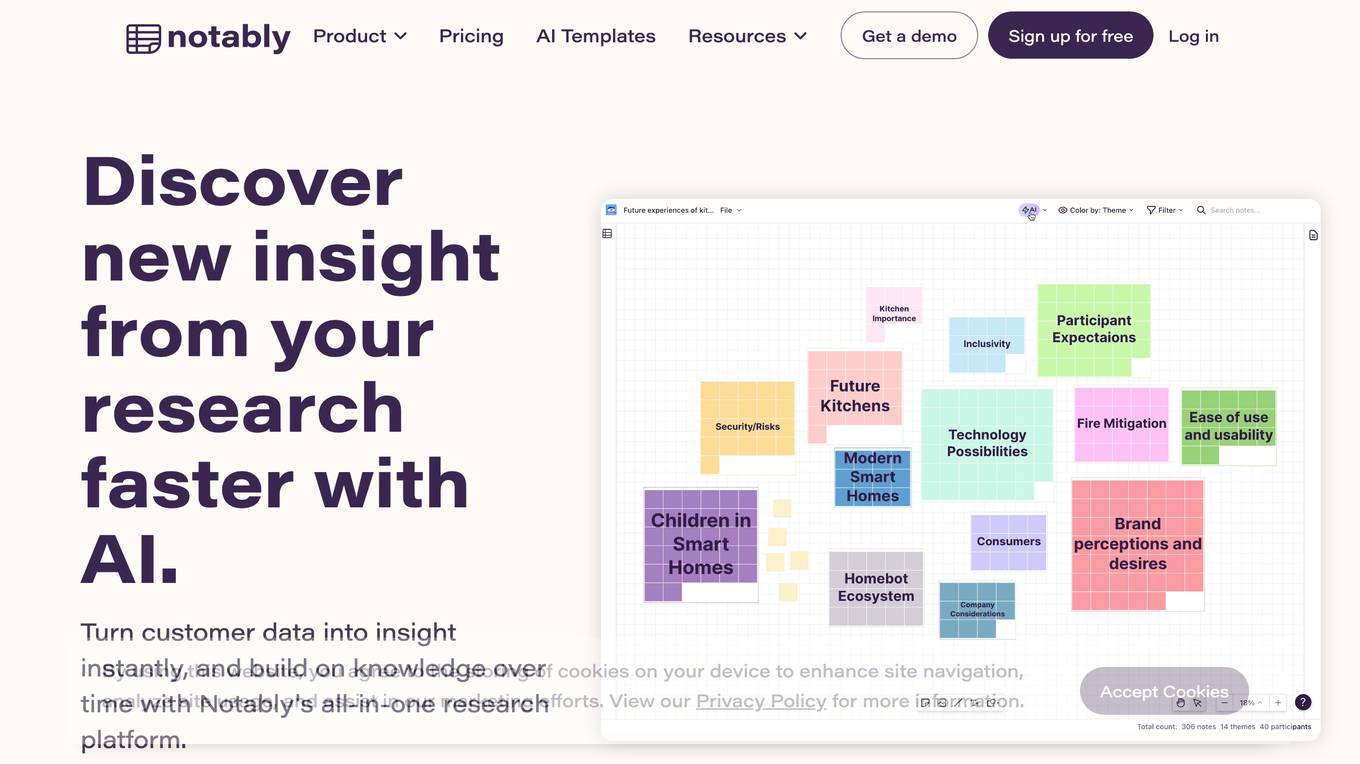
Notably
Notably is a research synthesis platform that uses AI to help researchers analyze and interpret data faster. It offers a variety of features, including a research repository, AI research, digital sticky notes, video transcription, and cluster analysis. Notably is used by companies and organizations of all sizes to conduct product research, market research, academic research, and more.
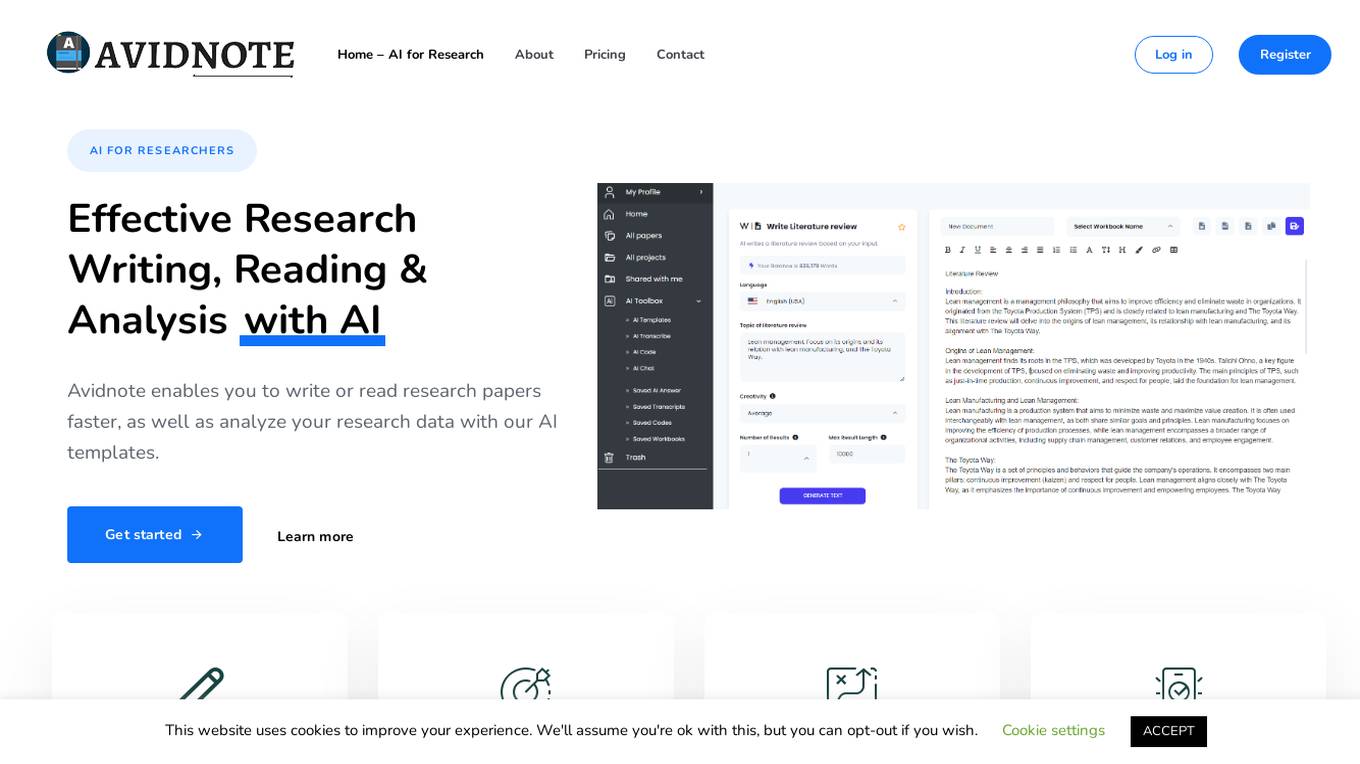
Avidnote
Avidnote is an AI tool designed for research writing, reading, and analysis. It enables users to write or read research papers faster, analyze research data with AI templates, summarize text, find research gaps, transcribe interviews, and more. Avidnote offers AI functionalities tailored for researchers, recommended by universities, and supported by researchers worldwide. The platform provides free and paid plans with varying features and benefits to cater to different user needs.
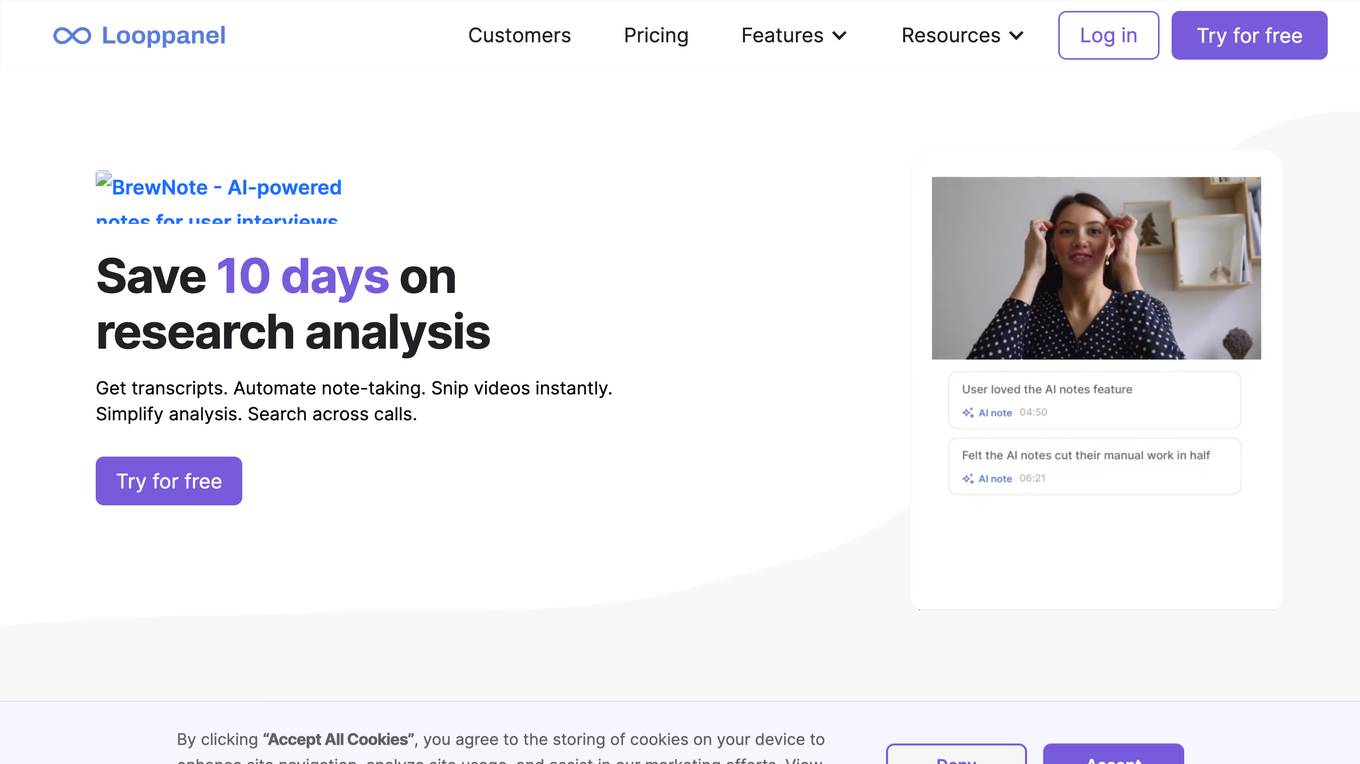
Looppanel
Looppanel is a user research analysis and repository tool that uses AI to help researchers save time and improve the quality of their work. It offers a range of features, including automated transcription, AI note-taking, video snipping, and advanced search capabilities. Looppanel is designed to make it easy for researchers to capture, organize, and analyze their research data, so they can focus on what matters most: uncovering insights and making better decisions.
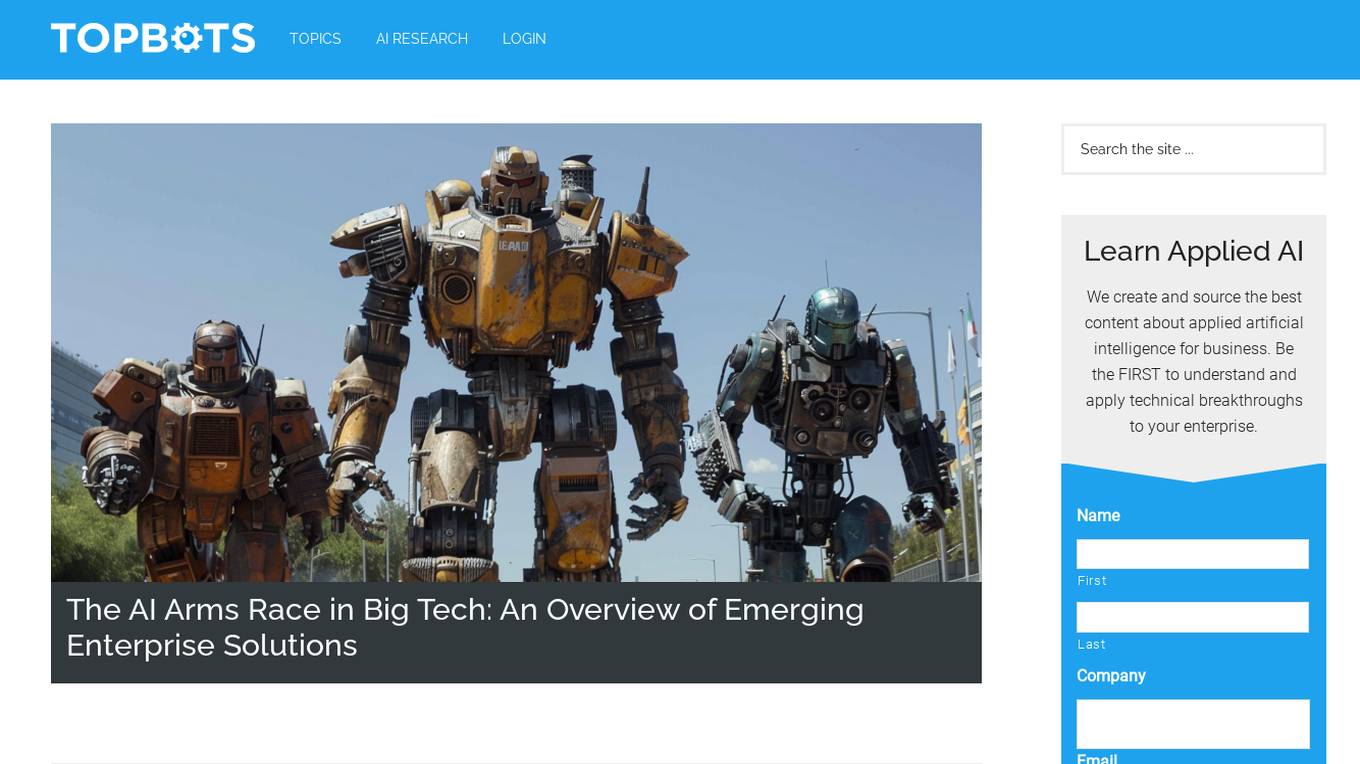
TOPBOTS
TOPBOTS is a platform focused on Applied AI for Business, providing insights and resources on artificial intelligence, machine learning, automation, bots, and chatbots. The website covers a wide range of topics such as computer vision, conversational AI, natural language processing, HR & recruiting, marketing, and research summaries. TOPBOTS aims to help businesses understand and apply technical breakthroughs in AI to enhance their operations and strategies.
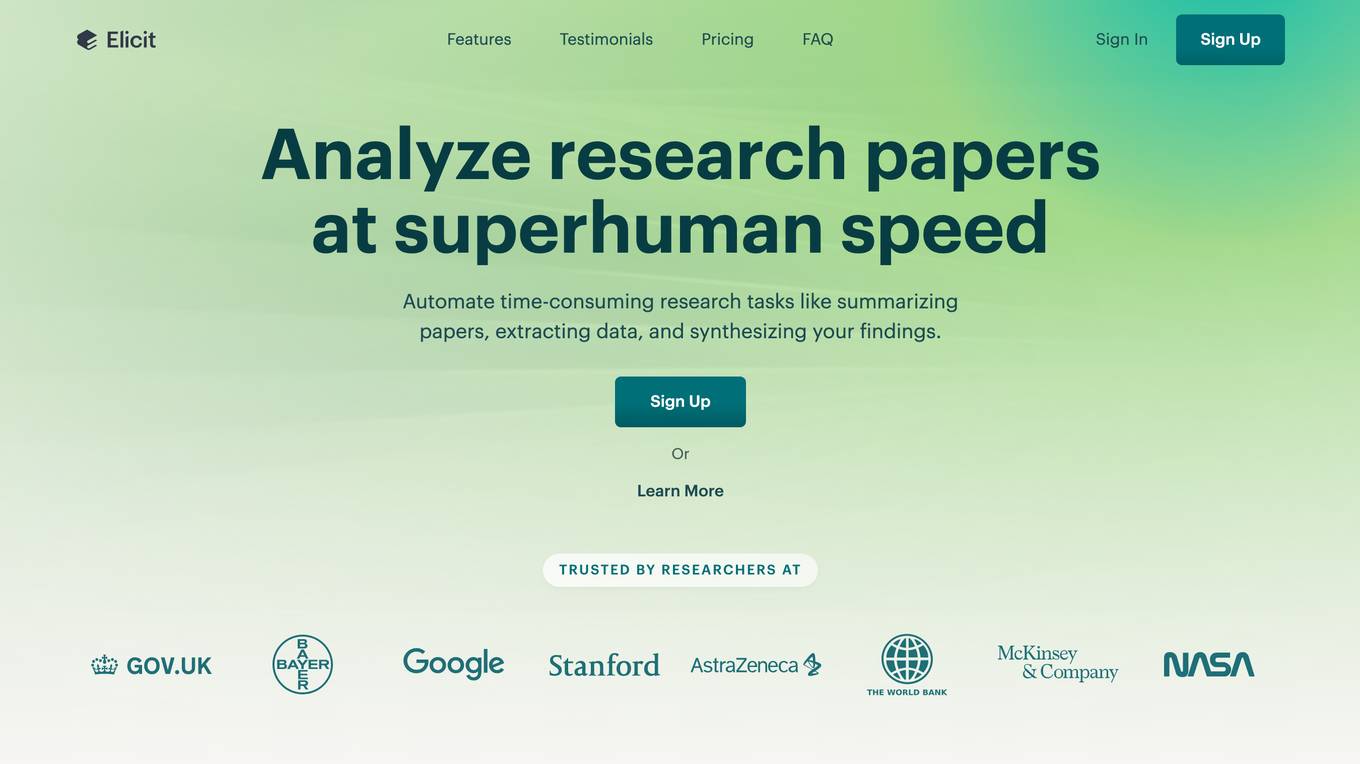
Elicit
Elicit is a research tool that uses artificial intelligence to help researchers analyze research papers more efficiently. It can summarize papers, extract data, and synthesize findings, saving researchers time and effort. Elicit is used by over 800,000 researchers worldwide and has been featured in publications such as Nature and Science. It is a powerful tool that can help researchers stay up-to-date on the latest research and make new discoveries.
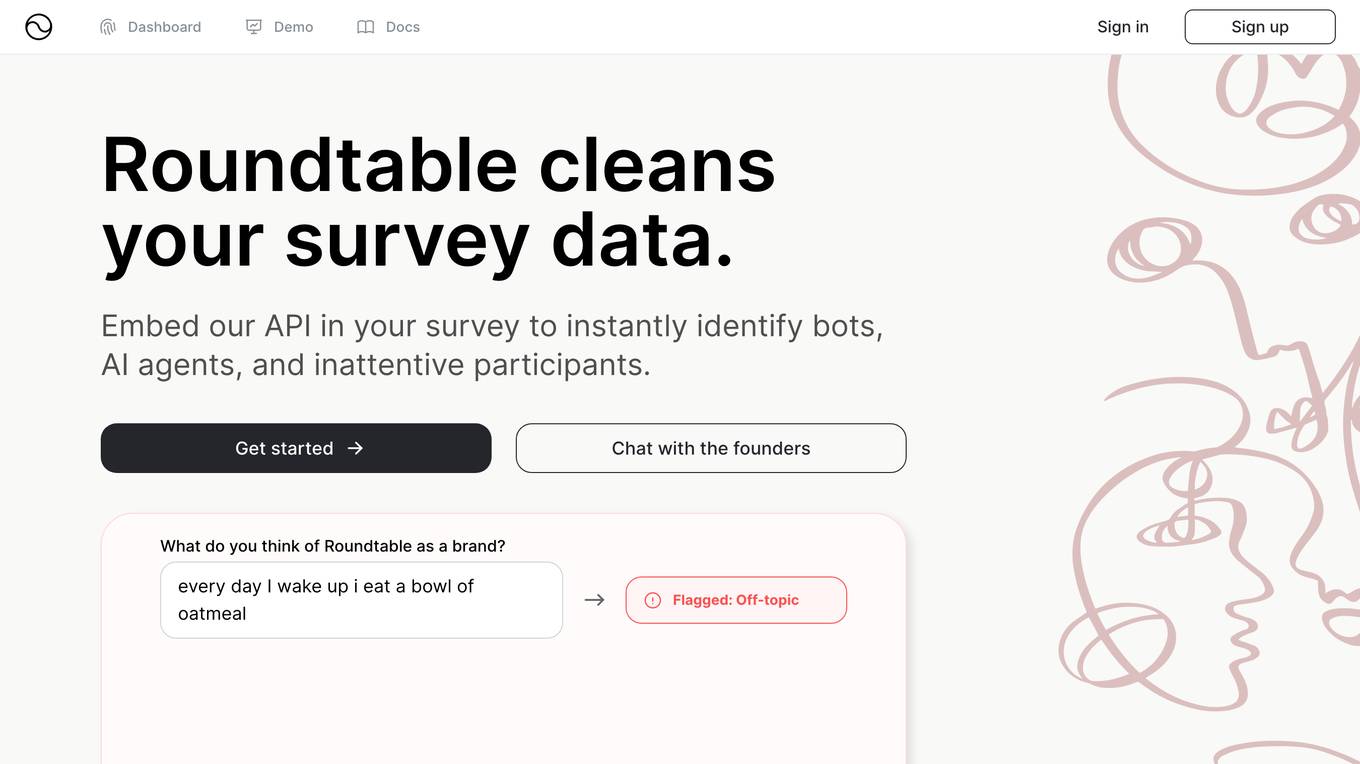
Roundtable
Roundtable is an AI-powered tool designed to improve market research data quality by leveraging Human-in-the-Loop AI technology. It helps businesses prevent bots and fraud in real-time while ensuring a seamless user experience. The tool offers features such as invisible CAPTCHA, continuous behavioral AI, privacy-preserving security, effortless integration, and explainable results. Roundtable is trusted by global platforms and is built to scale with businesses of all sizes.
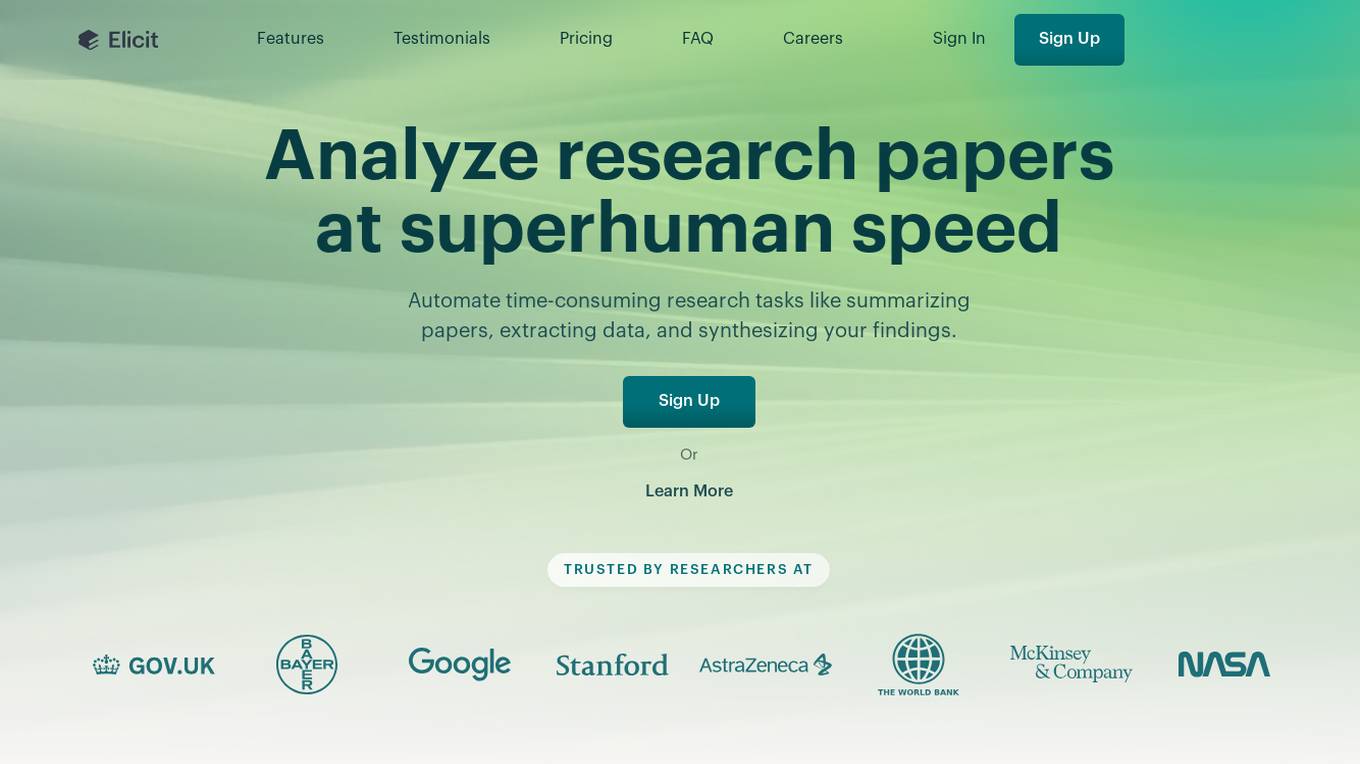
Elicit
Elicit is an AI research assistant that helps researchers analyze research papers at superhuman speed. It automates time-consuming research tasks such as summarizing papers, extracting data, and synthesizing findings. Trusted by researchers, Elicit offers a plethora of features to speed up the research process and is particularly beneficial for empirical domains like biomedicine and machine learning.

Perceive Now
Perceive Now is the world's first Large Language Model fine-tuned with IP and Market Research data. It offers custom IP and Market reports for various industries, providing detailed insights and analysis to support decision-making processes. The platform helps in identifying market trends, conducting due diligence, managing deal flow, and maximizing IP and licensing opportunities. Perceive Now is a game-changer in prior art search, increasing the odds of patent grant success. It has significantly reduced research costs and time, accessing over 100M IP and market data sources and assisting in securing funding worth $500M.
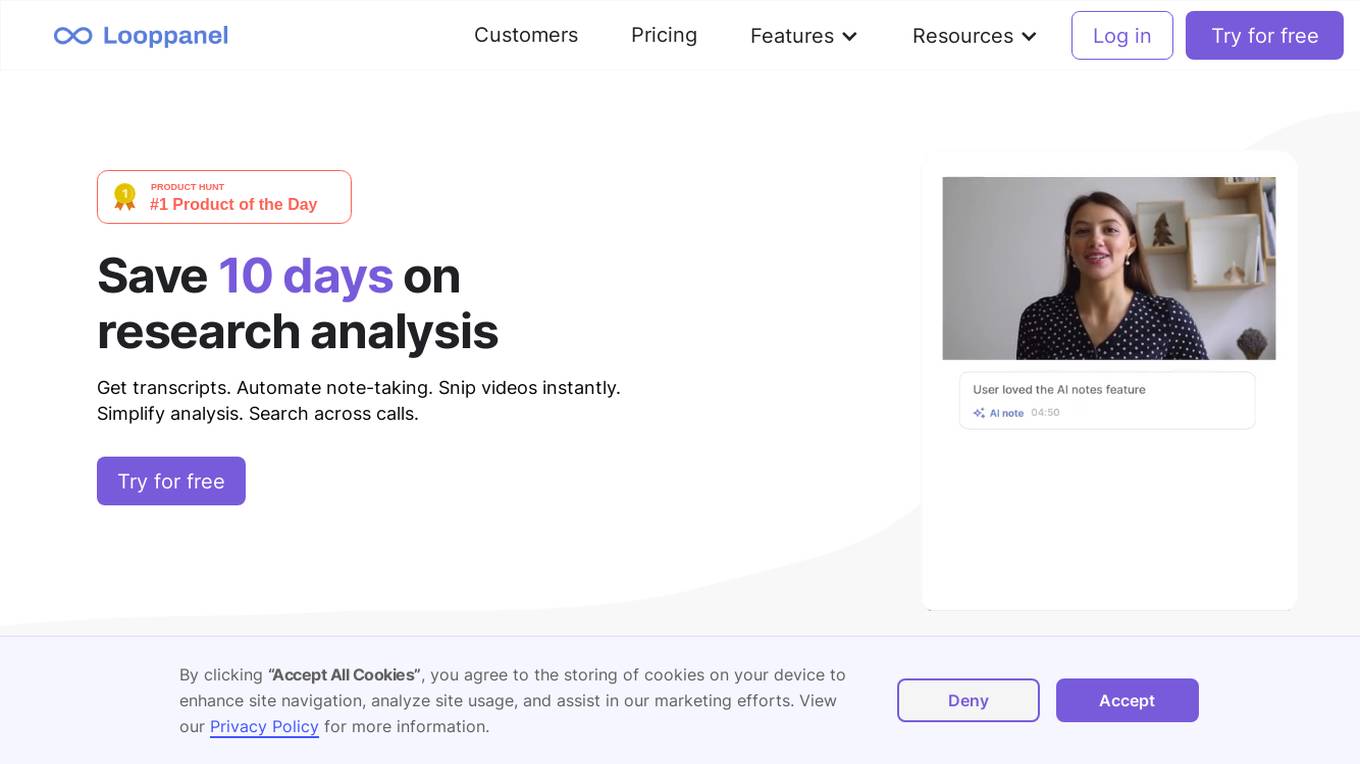
Looppanel
Looppanel is an AI-powered research assistant that revolutionizes the way research data is managed. It automatically records calls, transcribes them, and centralizes all research data in one place. Looppanel's highly accurate transcripts support multiple languages and accents, enabling users to focus on interviews while AI takes notes. The platform simplifies analysis, allows for time-stamped note-taking, and facilitates collaboration among team members. Looppanel ensures data security and compliance with high standards, making it a valuable tool for researchers and professionals.
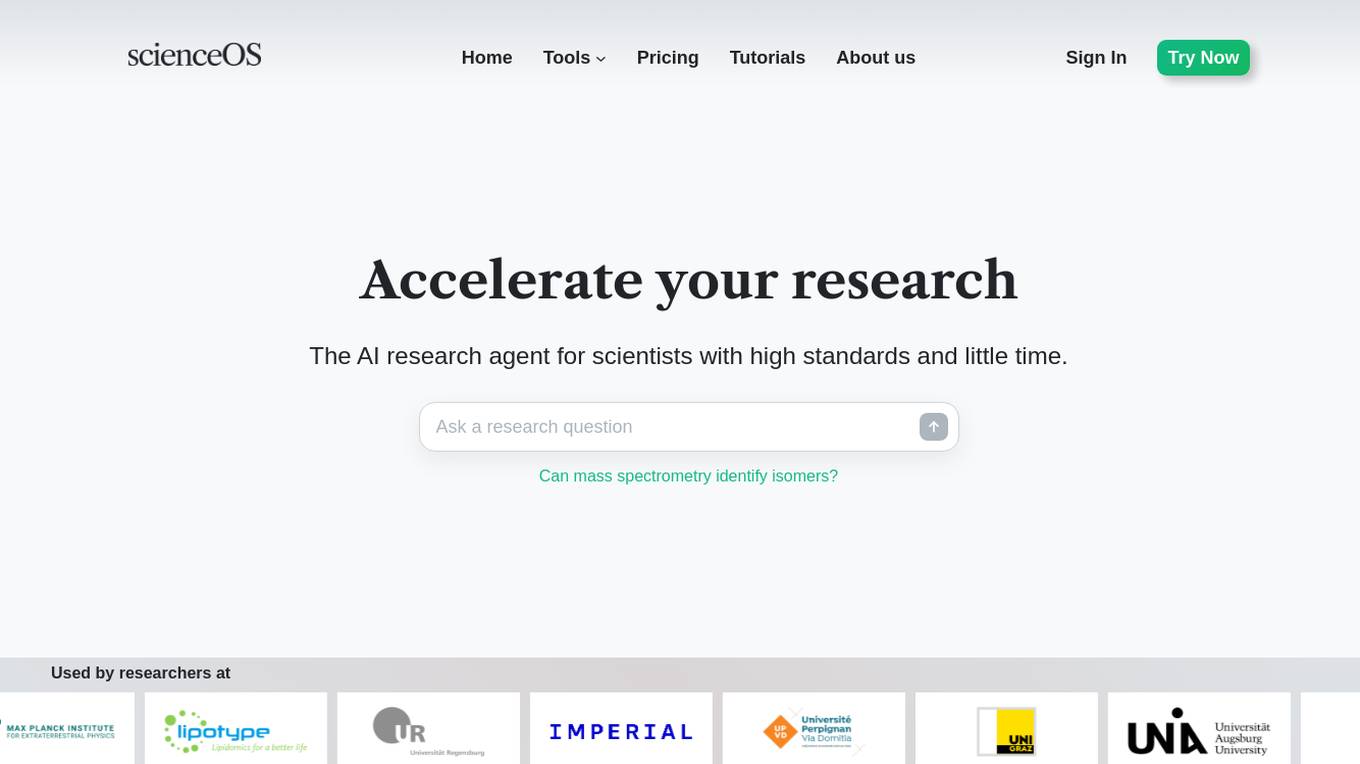
scienceOS
scienceOS is an AI research tool designed for scientists to accelerate their research process. It offers features such as AI science chat, AI PDF chat, AI reference manager, and more to help researchers access and analyze vast amounts of scientific data efficiently. With a focus on collaboration, simplicity, leanness, and vision, scienceOS aims to empower scientists in tackling global challenges by providing access to a vast database of research papers and citations.
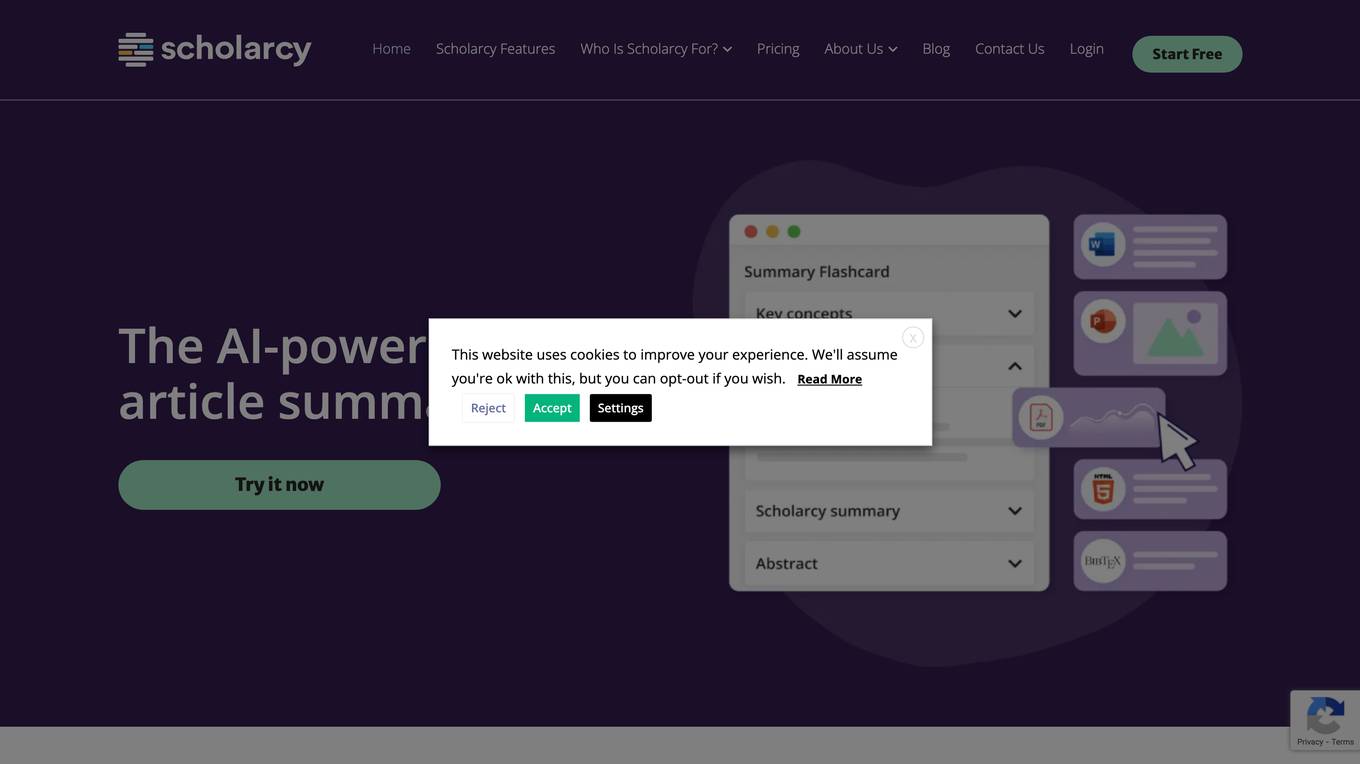
Scholarcy
Scholarcy is an AI-powered tool that helps users to summarize and analyze academic papers efficiently. It uses advanced algorithms to extract key information from research articles, enabling users to save time and improve their understanding of complex topics. Scholarcy is designed to assist students, researchers, and professionals in navigating the vast amount of academic literature available online, making it easier to access and digest valuable information.
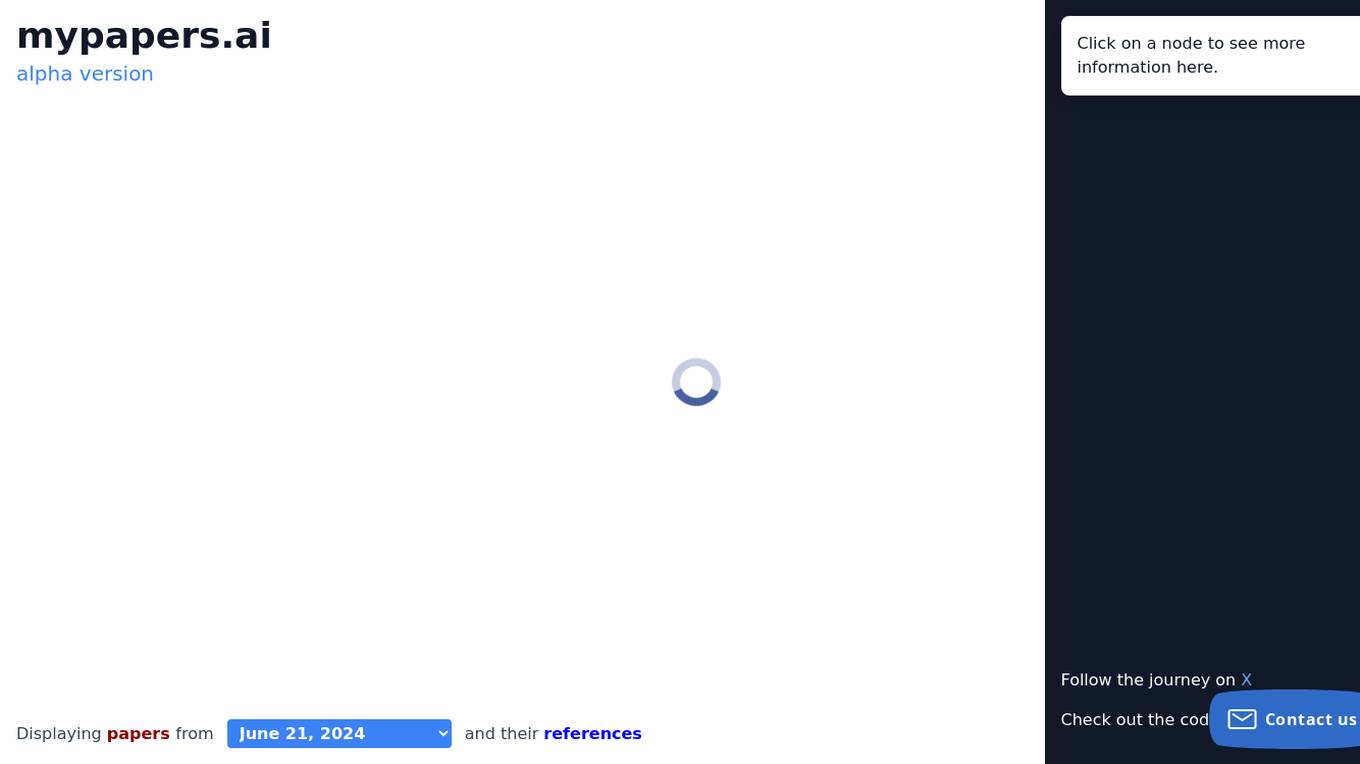
mypapers.ai
mypapers.ai is an AI tool designed to assist users in managing and analyzing academic papers efficiently. The tool offers features such as exploring papers and authors, toggling between papers and authors, and tracking the journey of research. Users can also access the code on GitHub to further enhance their research capabilities.
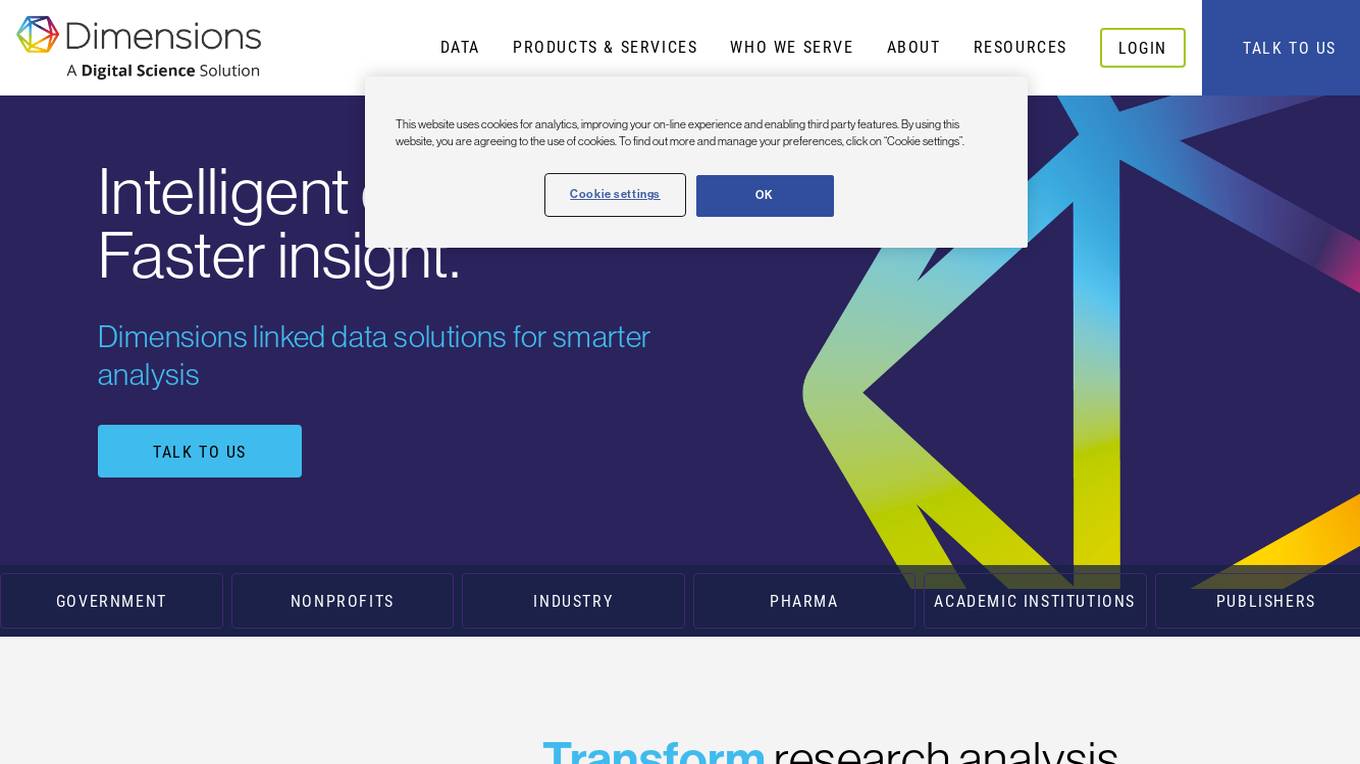
Dimensions AI
Dimensions AI is an advanced scientific research database that provides a suite of research applications and time-saving solutions for intelligent discovery and faster insight. It hosts the largest collection of interconnected global research data, including publications, clinical trials, patents, policy documents, grants, datasets, and online citations. The platform offers easy-to-understand visualizations, purpose-built applications, and integrated AI technology to speed up research interpretation and analysis. Dimensions is designed to propel research by connecting the dots across the research ecosystem and saving researchers hours of time.

GrokCV
GrokCV is an AI tool developed by GrokCV Group that focuses on infrared weak small target detection and remote sensing multi-modal visual perception. The tool provides a platform for researchers and enthusiasts to access and discuss cutting-edge research papers, codes, datasets, and interpretations in the field of computer vision and remote sensing.
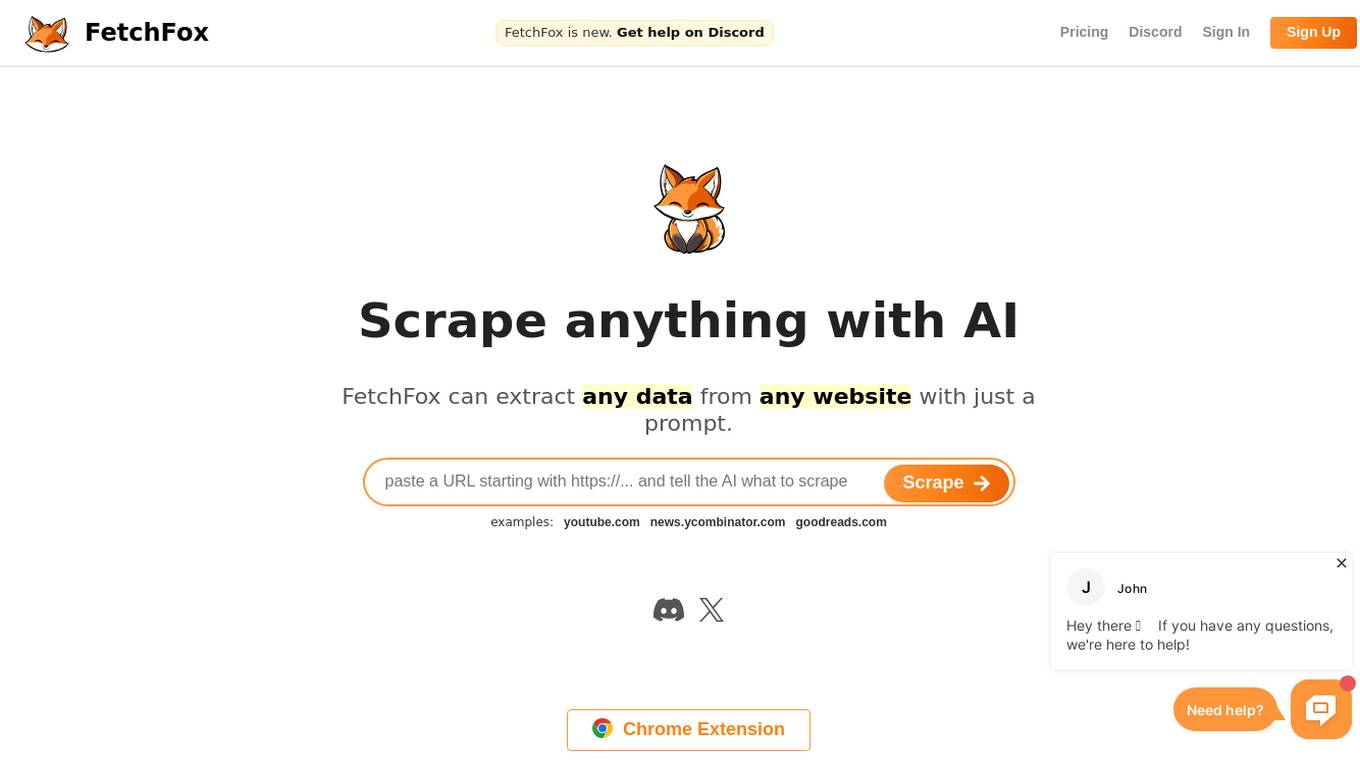
FetchFox
FetchFox is an AI-powered web scraping tool that allows users to extract data from any website by providing a prompt in plain English. It runs as a Chrome Extension and can bypass anti-scraping measures on sites like LinkedIn and Facebook. FetchFox is designed to quickly gather data for tasks such as lead generation, research data assembly, and market segment analysis.
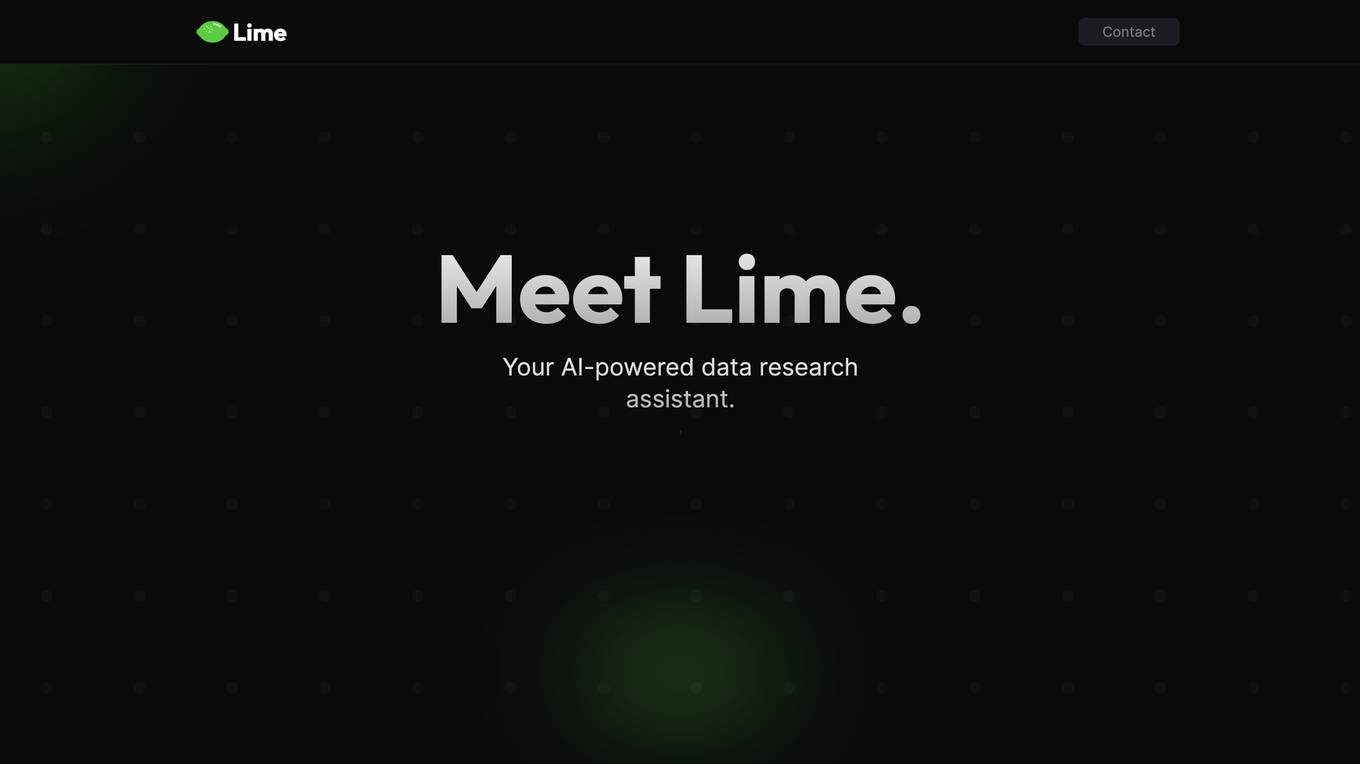
Lime
Lime is an AI-powered data research assistant designed to help users with data research tasks. It offers advanced capabilities to streamline the process of gathering and analyzing data, making it easier for users to derive insights and make informed decisions. Lime is equipped with cutting-edge AI technology that enables it to handle complex data sets efficiently and provide valuable recommendations. Whether you are a business professional, researcher, or student, Lime can assist you in various data-related tasks, saving you time and effort.
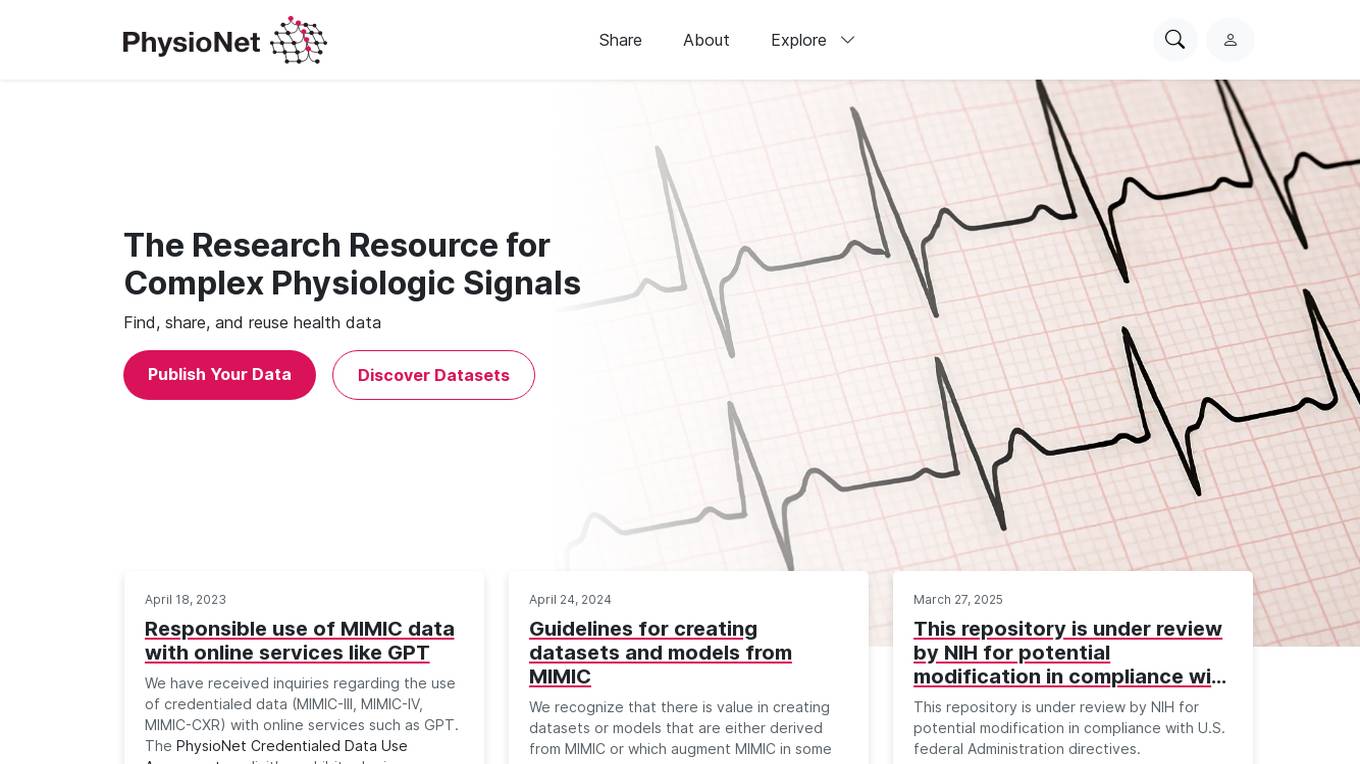
PhysioNet
PhysioNet is a research resource for complex physiologic signals that facilitates finding, sharing, and reusing health data. It provides access to various datasets and software tools for researchers in the medical field. PhysioNet aims to support the responsible use of data, including guidelines for creating datasets and models from sources like MIMIC. The platform also addresses access restrictions under the DOJ Data Security Program, ensuring compliance with legal obligations while supporting researchers in understanding and navigating policy changes.
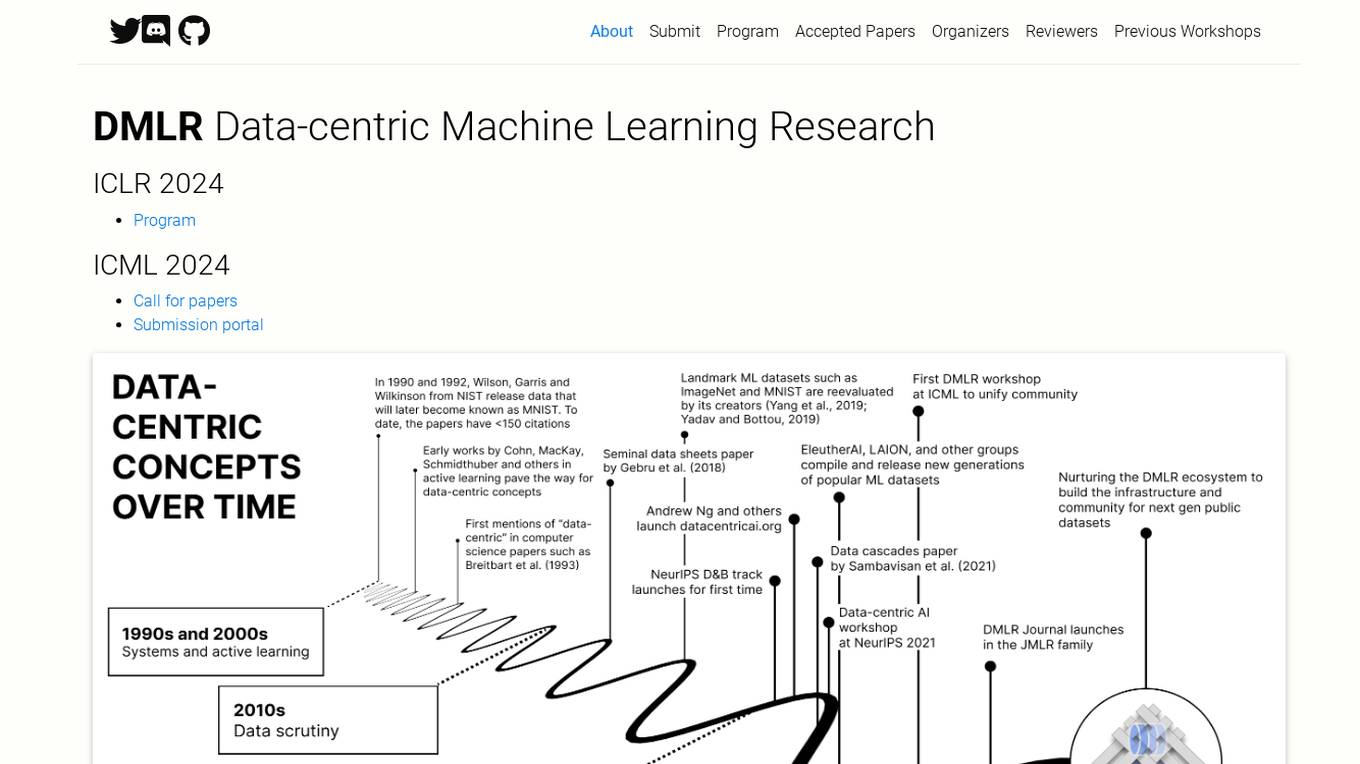
DMLR
DMLR (Data-centric Machine Learning Research) is an AI tool that focuses on advancing research in data-centric machine learning. It organizes workshops, research retreats, maintains a journal, and runs a working group to support infrastructure projects. The platform covers topics such as data collection, governance, bias, and drifts, as well as data-centric explainable AI and AI alignment. DMLR encourages submissions around the theme of AI for Science, using AI to tackle scientific challenges and accelerate discoveries.
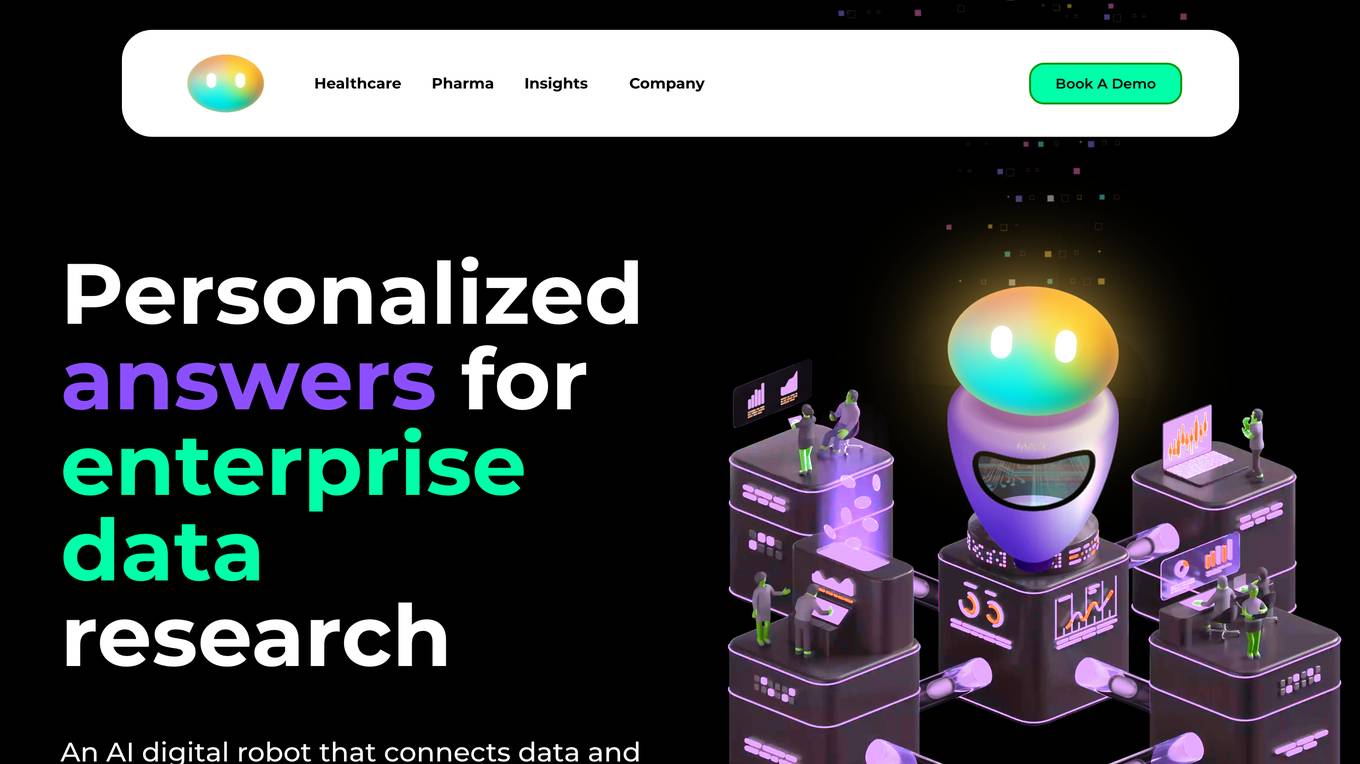
Maya
Maya is an AI-powered data robot that provides personalized answers and insights for enterprise data research. It combines multiple data sources and tools into one, automates tasks, offers smart suggestions, and saves time. Maya understands the specific insights required for each workflow and provides justification for implementation. It can access data from various sources, including internal integrations and external sources, and can translate queries in up to 14 languages. Maya is constantly learning and improving through advanced machine learning and regular updates with new data. It prioritizes data privacy and security, following industry-standard protocols to keep customer data safe.
0 - Open Source AI Tools
20 - OpenAI Gpts
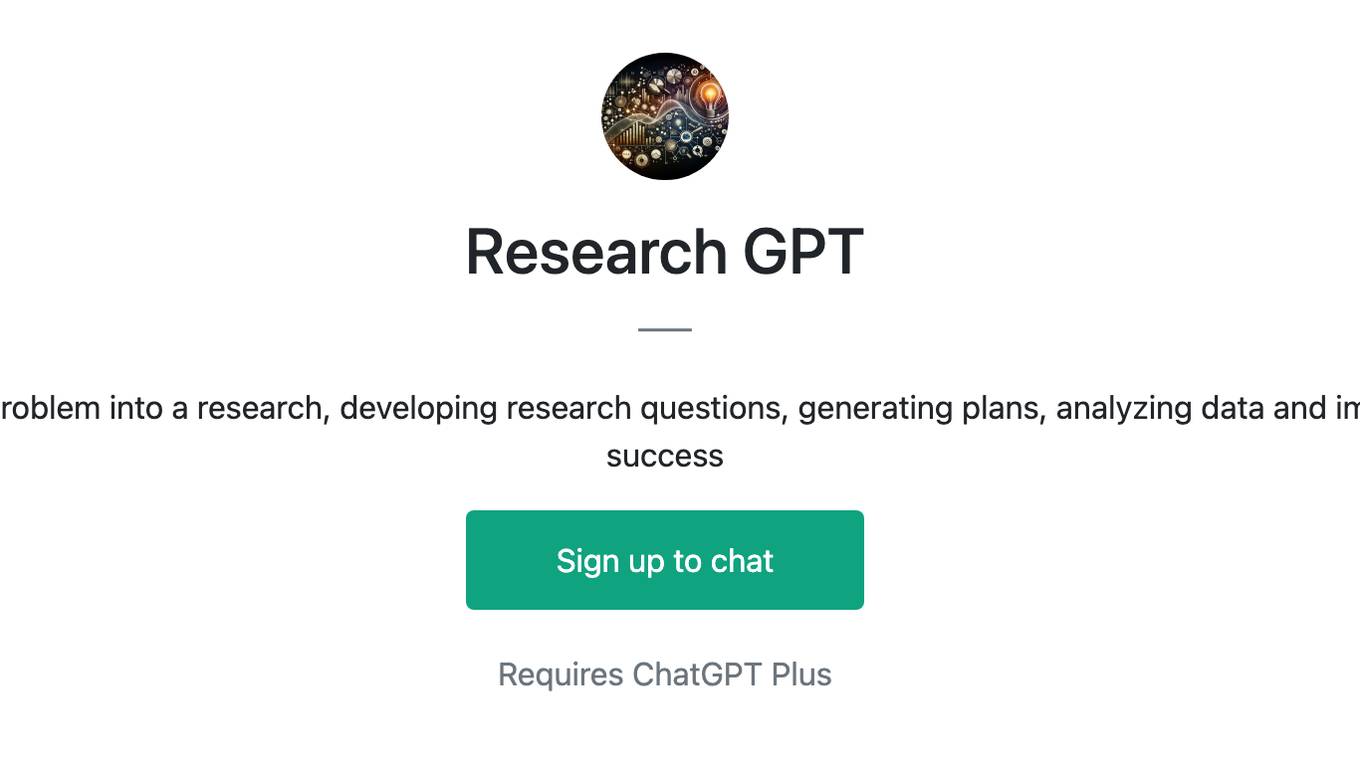
Research GPT
Your AI research assistant, for turning a problem into a research, developing research questions, generating plans, analyzing data and improving research workflows for project success

UXpert
A UI/UX assistant for design principles, UX research, analyzing research data, and UI layout generation.
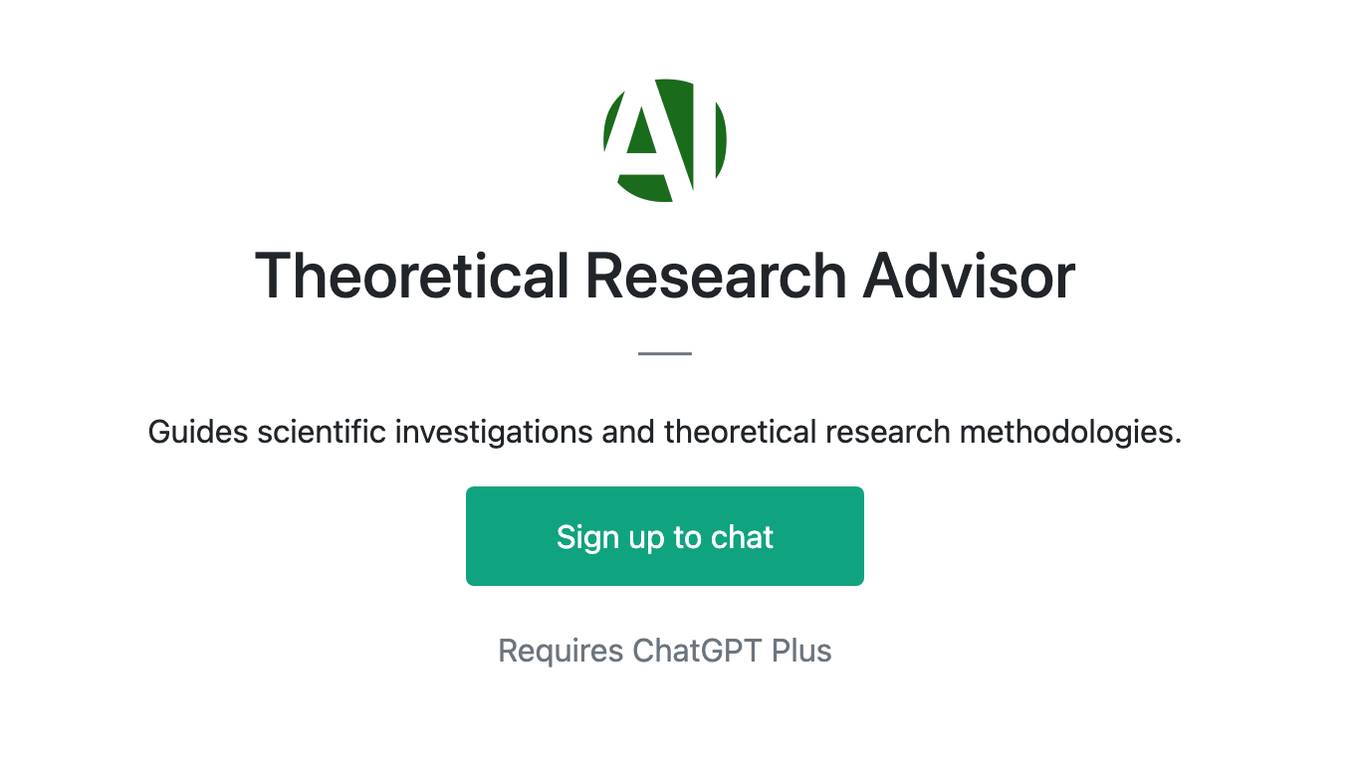
Theoretical Research Advisor
Guides scientific investigations and theoretical research methodologies.
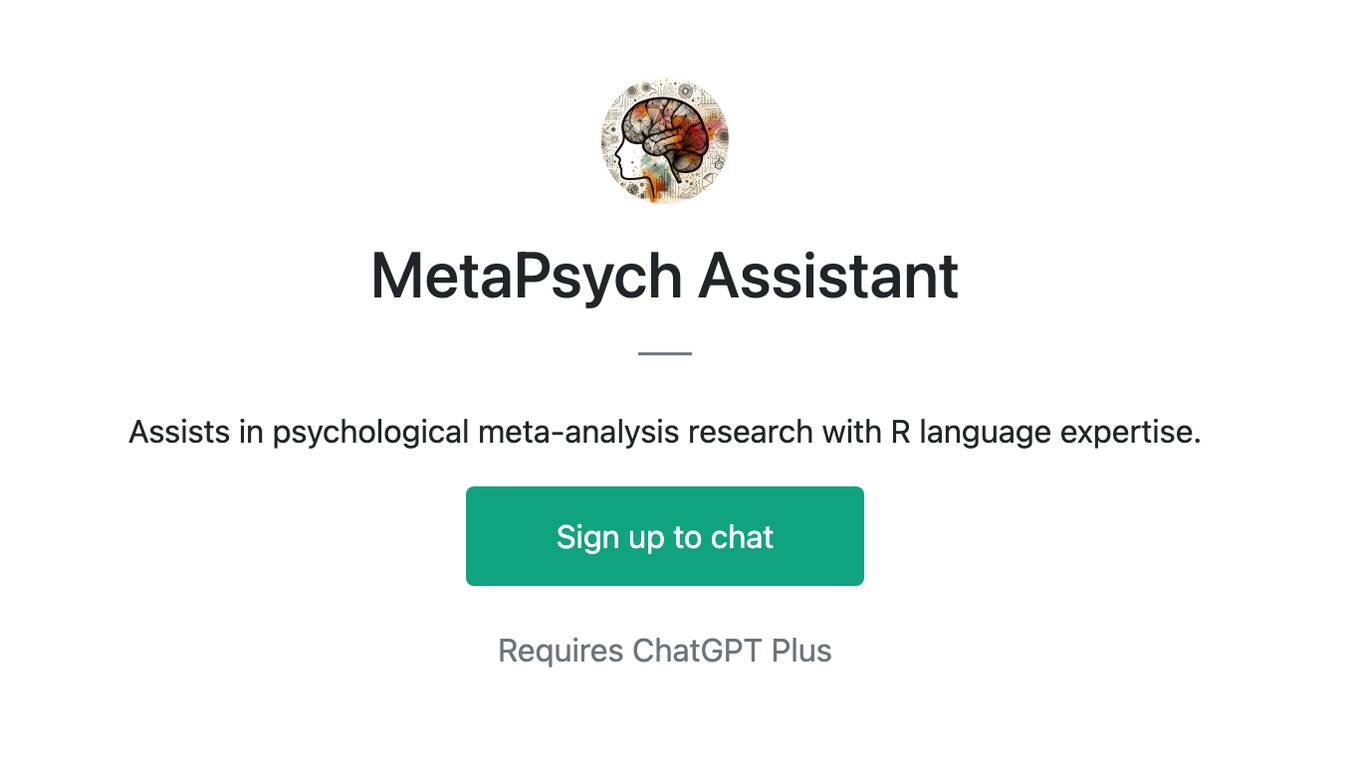
MetaPsych Assistant
Assists in psychological meta-analysis research with R language expertise.

AMEDマニュアル
Expert in scientific research grants, answers in Japanese with detailed references and citations.
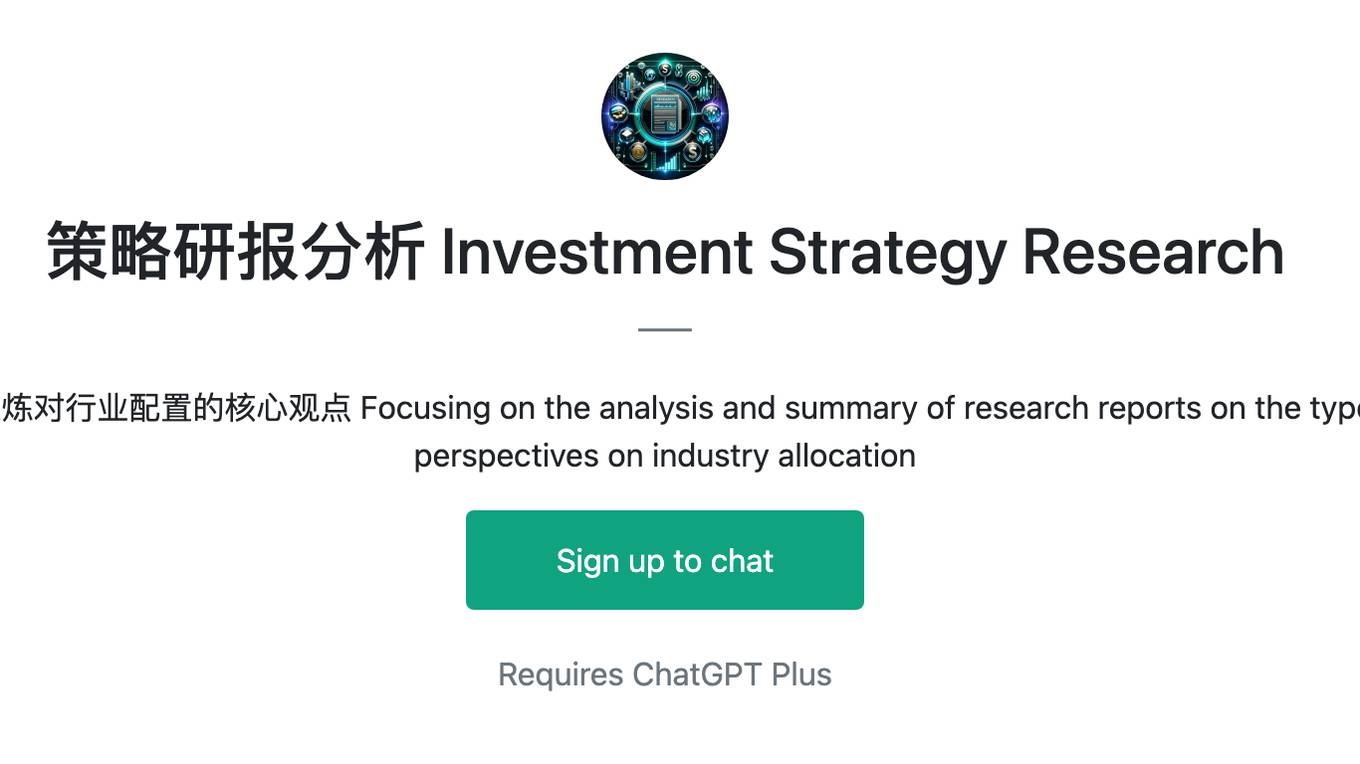
策略研报分析 Investment Strategy Research
专注于“投资策略”类型的研报分析总结,提炼对行业配置的核心观点 Focusing on the analysis and summary of research reports on the type of "investment strategy", refining core perspectives on industry allocation
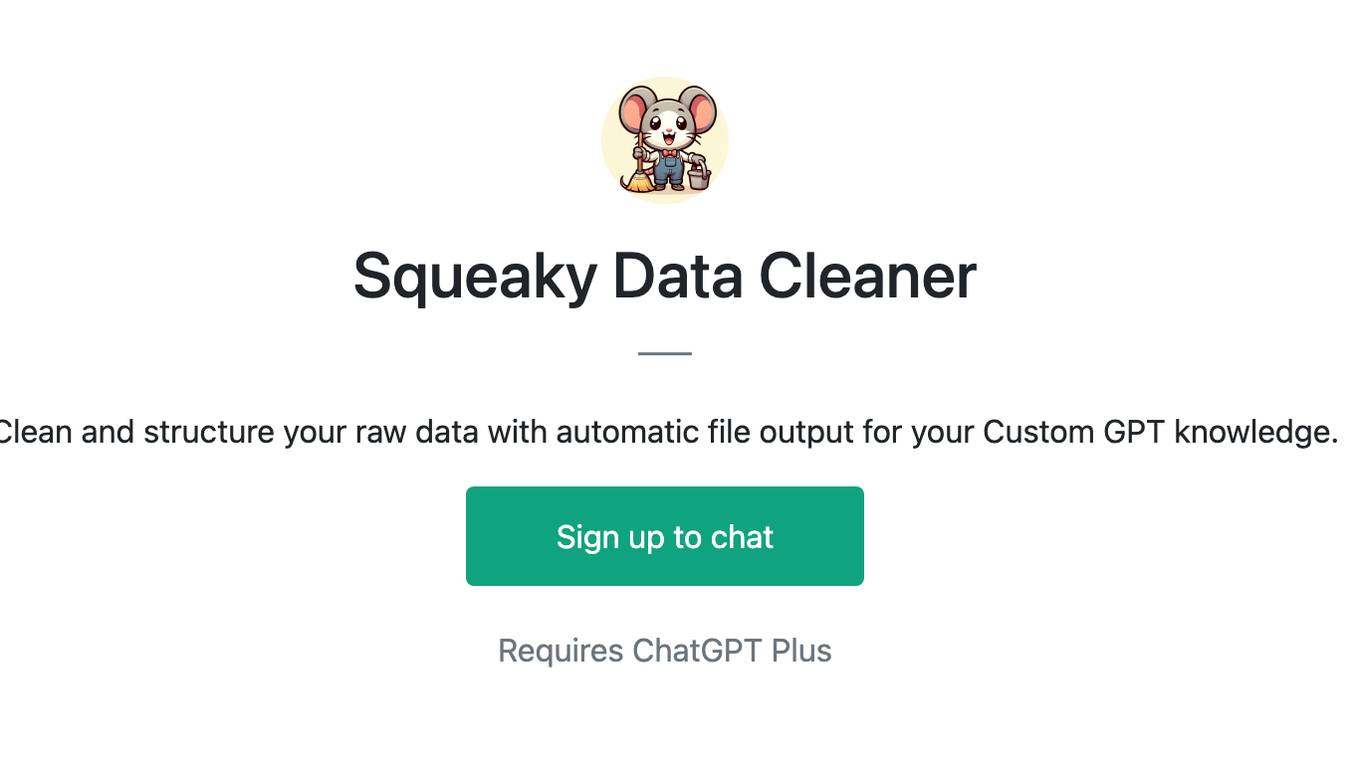
Squeaky Data Cleaner
Clean and structure your raw data with automatic file output for your Custom GPT knowledge.
Amalgamated Intermittent Computing Systems Expert
Know the details about the Amalgamated Intermittent Computing Systems paper

Earth Conscious Voice
Hi ;) Ask me for data & insights gathered from an environmentally aware global community
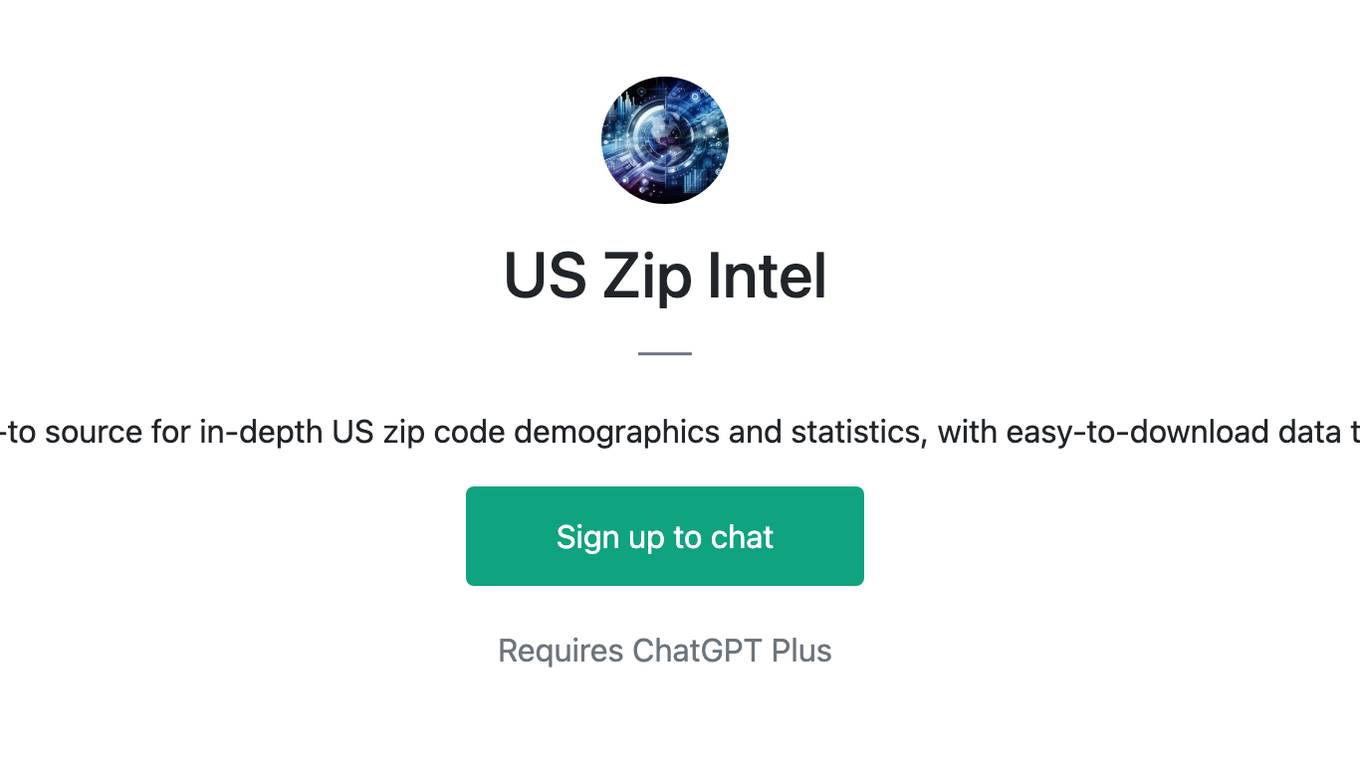
US Zip Intel
Your go-to source for in-depth US zip code demographics and statistics, with easy-to-download data tables.
